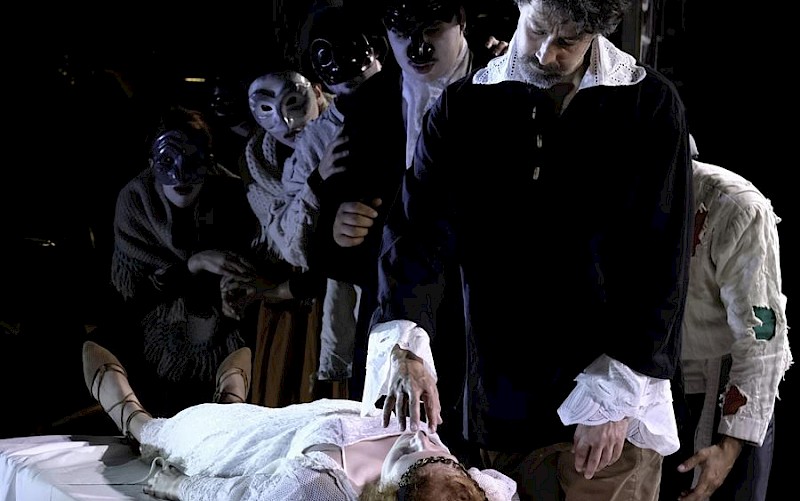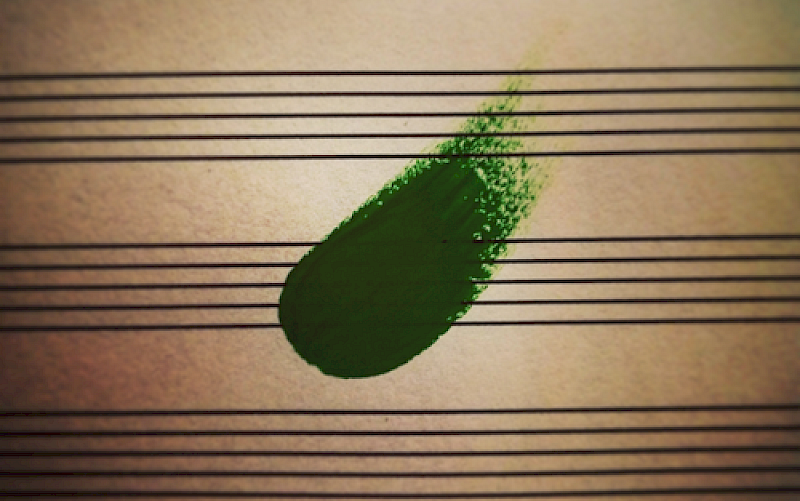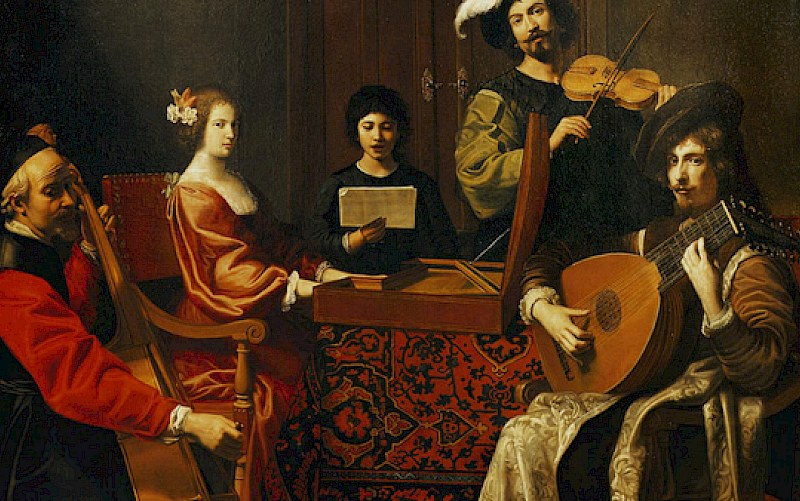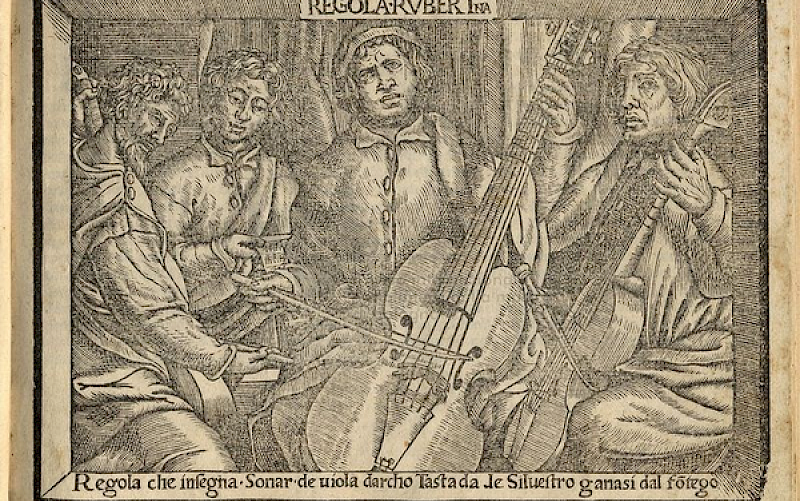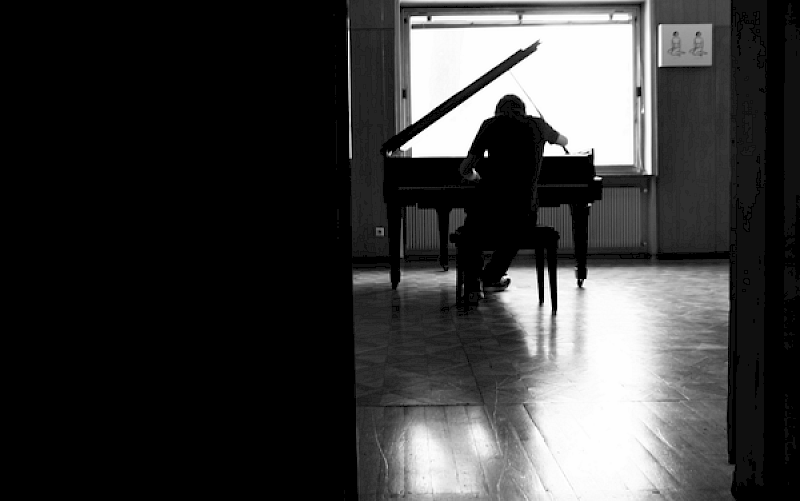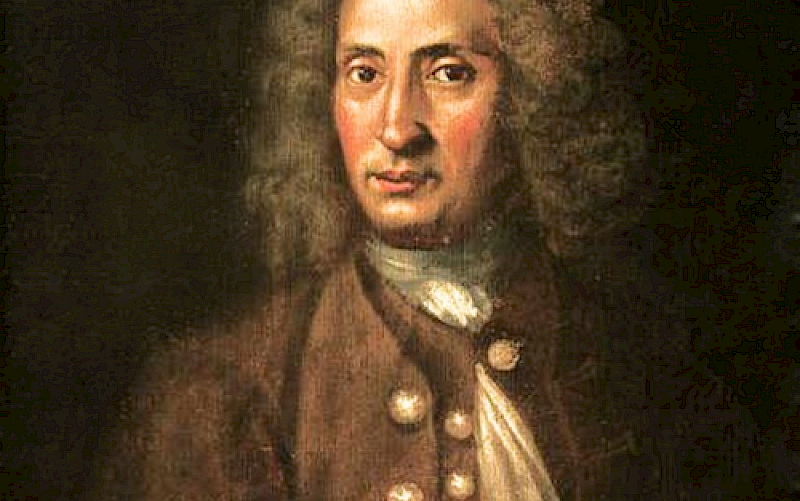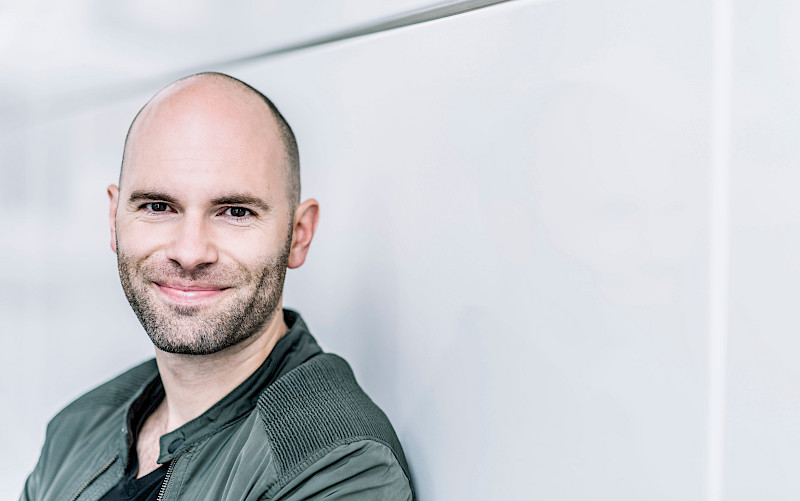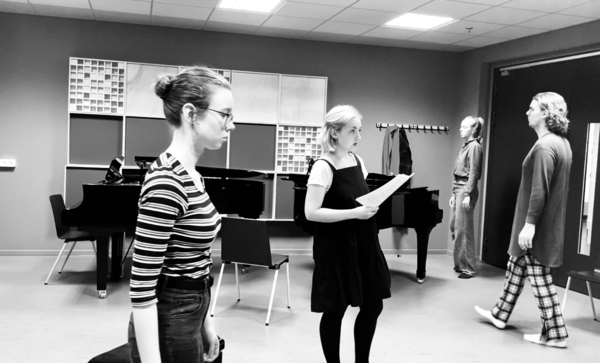
Michael Chekhov’s acting technique through the lens of a classical singer
Research questions: 1. In what ways is Michael Chekhov’s acting technique beneficial to classical singers portraying characters from operas in terms of the aspect of interpretation and acting, the aspect of mental preparation before a performance and the aspect of vocal projection? 2. Are there specific concepts of the technique that are especially relevant to classical singers and why? Summary of the results of the research: In terms of interpretation and acting, Michael Chekhov’s acting technique turned out to be very helpful to the singers. By exercising Chekhov’s concept, they acquired a sense of clarity to their character and a physical and psychological understanding. In terms of mental preparation, the singers felt like they gained tools in calming the mind, achieving a feeling of ease. And that in general, by moving the focus from the intellectual and to the body is a great antidote for nervousness. In terms of vocal projection, all the singers agreed that their vocal performance improved when they sang their aria the second time when they implemented Chekhov’s elements while performing the aria. There were differences of opinion among the singers as to which concepts of Chekhov’s were the most beneficial. Questionnaire and discussions though brought to light that the quality of radiation and the feeling of ease appealed particularly well to the singers. I believe that the reason for that is that these qualities create an ideal physical state to sing. The feeling of ease creates a sense of ground, openness, calmness and at the same time alertness. The quality of radiation gives off a strong feeling of confidence, power, and freedom. The act of singing requires physical strength but without creating excessive tension in the body. Healthy singing requires being both firm and soft, which is achieved with both concepts.
Author: Vera Hjördís Matsdóttir
